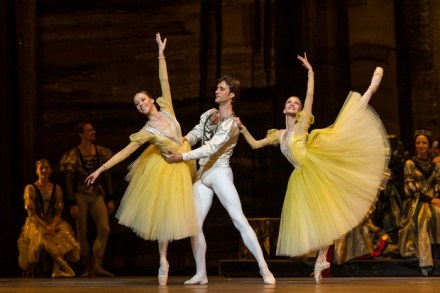A fresh start
Most of us lead lives of quiet desperation. So we’re told. Frits van Egters apparently leads a life more desperate than most. He lies in bed too long. He eats green pickled herrings and brown onions. He turns the radio on. He turns it off. Half the day gone already. He squeezes his spots. He



















